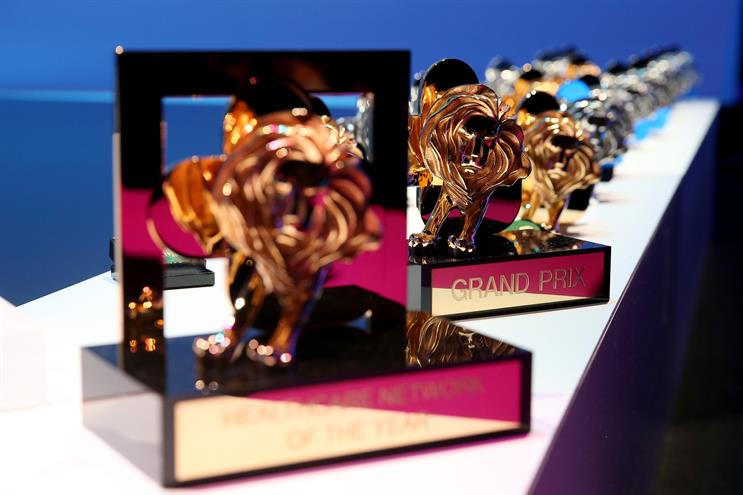I am old enough to have been around when Cannes was exclusively for the "creatives" hosted by production companies and Monte Carlo was for media people and advertisers, hosted by the TV companies.
It worked. We all had fun. They celebrated great creative work and we discussed things like audience measurement and the big broadcasting issues of the day, like the birth of satellite TV and how we would cope with more channels.
There would be a creative slot and we would welcome a distinguished creative to inspire us and remind us what mattered most. Cannes didn't have a media slot for sure.
That was what happened on foreign soil. But it wasn't any different closer to home.
Rarely did the tribes meet at award events even though of course we all worked together in "integrated communication companies" called ad agencies.
The first competitive award for media was actually called "Media Mind" and teams of four from media departments and independents entered to demonstrate in a University Challenge-style quiz their media knowledge. I think it would be worth resurrecting actually, to encourage people to take a wide interest in all things media.
When Media Week started their awards about 30 years ago, the media departments got starry-eyed and we all got dressed up and headed for the Grosvenor House.
More bow ties on show than at the Creative awards... and thus was born the Awards feeding frenzy.
It was hard entering them (we weren't used to writing) and hard judging them (what does a good media plan look like?)
In truth, the winners were either the best written (I think Ivan Pollard wrote most of them) or the ones that featured the best creative work.
BMP, Bartle Bogle Hegarty, WCRS, Saatchi & Saatchi, Abbott Mead Vickers, Collett Dickenson Pearce, and Lowe Howard Spink were the big winners early on for that reason.
Then it started to change as media tried to flex its muscles and increasingly awards went to stunts that were rarely repeated... and no-one wanted to give a media award to a heavily awarded creative campaign.
We had to stand out and do stuff that was media-driven. Buying TV at the right weight for a great campaign wasn't seen as enough of a contribution.
People on juries would say, "that is just a day job entry," which I thought was strange as it was our day job that set out to make media matter!
I then read the preface to an IPA Effectiveness Awards’ brochure where the chair of the judges actually called out that "in spite of some brilliantly effective and creative campaigns none stood out for their media thinking".
I would mutter to myself that if they were brilliantly effective surely the media was brilliant?
But being a silent partner to creative and planning excellence was not the game.
Then, about 20 years ago, someone had the idea that media should go to Cannes.
It made me a little uncomfortable – that wasn't our thing – let the creatives have their fun and moment in the sun, after all.
But I was intrigued and flattered to accept an invitation to judge.
Sure enough, the Media Lions were afflicted by the same need to be distinctive from the creative awards.
And there were stunts aplenty, especially given the more liberal media regulation in some markets around the world.
Originally, there were only a few categories, a small judging panel and it took two days to disagree on what good media looks like.
Now the shortlist looks like a long list and I can't say I have looked to see what is prevailing.
But the advertisers that used to go to Monte Carlo courtesy of the organisers were now over the border in Cannes so everyone turned up:
The suits, the media and the creatives. And the new mega-media owners welcomed the opportunity to market themselves to everyone.
A lot has been written about recent events in Cannes. Here's my simple observation:
Clients mainly want brilliant integrated ideas that become effective long-term campaigns.
If we can't award a campaign for its integrated brilliance, it really isn't probably worth anything long-term.
I won't be on the hastily convened Cannes committee but if I were, that is all I would say. Well, maybe not all.
Phil Georgiadis is chairman of Blue 449


